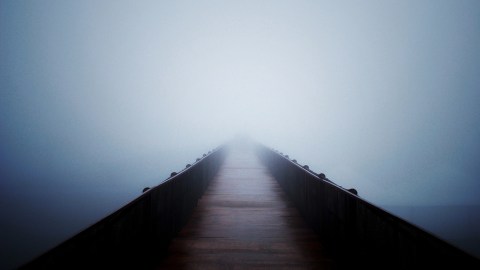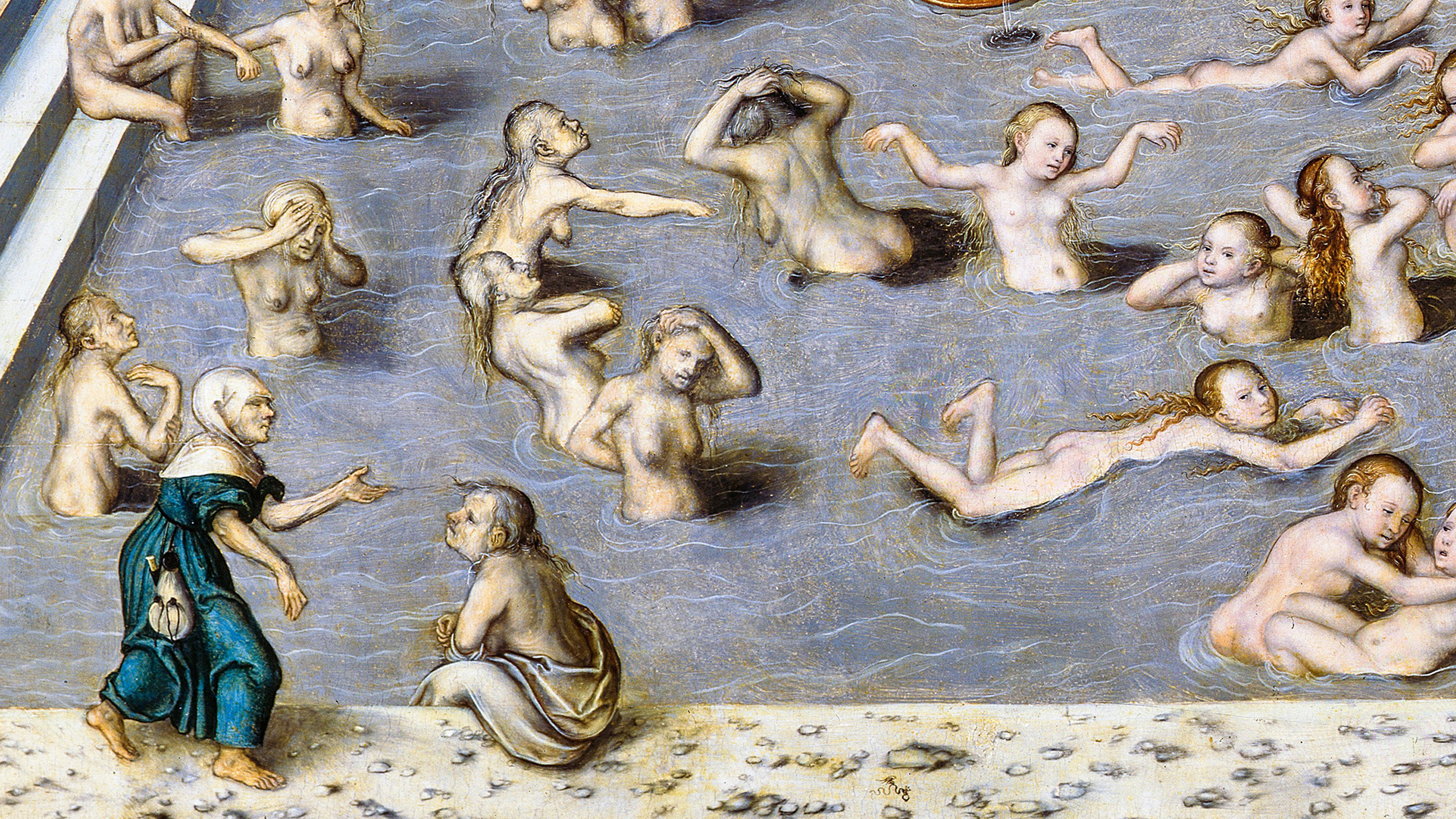No Afterlife? No Problem! How to Face Oblivion Like a Pro

Photo: Eduardo Mineo via Flickr
You are going to die. So am I. These are facts.
The question of how to deal with the reality of death is one as old as mankind. Billions of people, living and dead, have put their hopes on an afterlife. The promise of Heaven, Valhalla, Elysium, reincarnation, or even a decent hell makes death but an inconvenience.
For atheists, however, there is no such benefit to death. It is merely the end of the one and only existence that can be confirmed. Death can take on an extra aura of fear without the benefit of an afterlife. The realization of death’s finality can be unsettling for the non-believer, and is one reason why the religious feel confronted by atheists.
Luckily, many great minds in history had thoughts on how to face death without the comfort of an afterlife.
Many philosophers who did believe in the divine, such as Epicurus, did not believe in an afterlife. While the end of existence troubled them, the idea of being dead did not. Mark Twain, the deistic author of Adventures of Huckleberry Finn, wrote in his autobiography that:
“Annihilation has no terrors for me, because I have already tried it before I was born — a hundred million years — and I have suffered more in an hour, in this life, than I remember to have suffered in the whole hundred million years put together.”
That is to say, in death you stop existing so you can’t be bothered by it. There is no longer a “you” to be bothered.
Epicurus shared that sentiment, saying, “Death is nothing to us; for that which is dissolved, is without sensation, and that which lacks sensation is nothing to us.” Epicurean philosophy focused on life, rather than death, and practitioners strove to not fear it.
Socrates weighed in too. In Plato’s The Apology, Socrates supposes that he will either live on after death and debate the great heroes of Greek History, or cease to exist. He agrees with Epicurus that ceasing to exist can’t be painful, as he would no longer exist to feel pain. The lack of debate in this scenario probably did disappoint him though.
This kind of skepticism about the chances of an afterlife can be healthy, as Michael Shermer explains in his recent Big Think interview.
Okay, so non-existence might not be unpleasant, but I really don’t want to stop existing in the first place!
Well, most people don’t like the idea of eternal oblivion. However, if it is the case then we had best figure out how to face it. The science on the matter is pretty definite too; the current neuroscientific view is that brain death causes the annihilation of consciousness and nothingness forevermore. So, we might be out of luck.
For the existentialists, particularly Martin Heidegger, acceptance of death was a key part of living. In the face of death each choice in life becomes an important one. They took the end of existence as a motivation to value existence all the more. The existentialists push you to accept your inevitable demise, remember it, and use it as a reason to embrace life. Such a positive view on oblivion is hard to find elsewhere.
Philosopher Luc Bovens offers us a more modern view on how to approach death secularly in his Big Think interview.
What about the cosmos? The idea that the universe still cares after I die sounds enjoyable, can I have that if I give up the afterlife?
The same science that supports the idea that death is the final end can give us comforting words too.
American physicist, comedian, and author Aaron Freeman wrote Eulogy from a Physicistdescribing how death can be viewed from a scientific worldview. A eulogizing physicist would remind a mourning family that:
“No energy gets created in the universe, and none is destroyed. You want your mother to know that all your energy, every vibration, every Btu of heat, every wave of every particle that was her beloved child remains with her in this world.”
Even if we are not immortal, many of our component elements are. Even if we die, parts of us never will, those parts can affect every part of the universe long after we are dead and gone. That is the comfort science can offer.
Death is unpleasant to think about. Our search for ways to make it easier to handle or even avoid it entirely goes back as far as human history. With the death of God, and the increasing number of atheists around the world, trying to help people deal with the idea of death may be a bigger task than ever. As Ernest Becker wrote in The Denial of Death: “To live fully is to live with an awareness of the rumble of terror that underlies everything.”
For those who don’t believe in an afterlife, viewing death without smoke and mirrors can be a great comfort. Reflecting on how people have faced oblivion in the past can help us all face it in the future, whenever it comes — and come it will.





